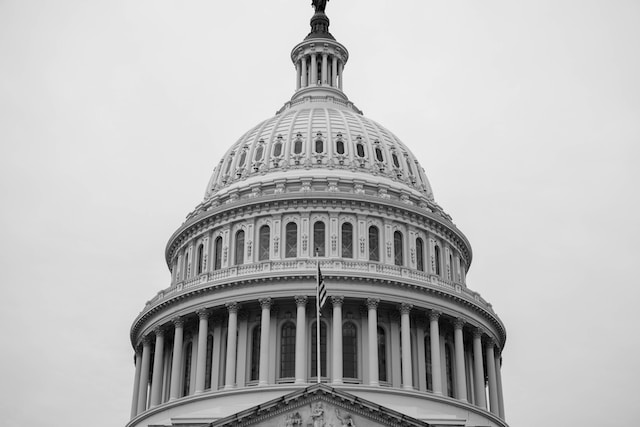The Promoting Affordable Housing Near Transit Act (“Act”), introduced in Congress in June 2021 and signed into law six months later, proposes a goal of balancing the disproportionately-high costs of housing and transportation felt by lower-income families by combining these resources in one project: transit-oriented housing developments. Middle-income and wealthy suburbanites have ready access to cities by car, but lower-income urbanites lack access to the suburbs without a private vehicle. While the goal of the Act recognizes this disparate outcome, the Act’s failure to include expansion of mass transit into the suburbs will continue to restrict low-income minorities to urban centers, failing to do more than place a band-aid on a decades-long issue. As jobs increasingly move to the suburbs, placing affordable housing in those areas and creating a transit option for urban dwellers offers a more equitable choice in housing for low-income households. The Act should be amended to require expansion of mass transportation into the suburbs, creating an interconnected system between cities, the suburbs, and suburban neighborhoods. The goal of this Comment is to take the techniques employed in two of the nation’s best transit cities and combine them with the affordability focus of the Act, leading to positive economic development that includes low-income households.
The issue of limited affordable housing is multidimensional, requiring a correspondingly complex solution for this historic problem. Thus, the focus of this Comment touches on just one problematic environment and one potential solution. This Comment uses major metropolitan cities and their surrounding suburbs as the basis of analysis, not to the exclusion of other localities but in recognition of the unsuitability of a one-size-fits-all solution.
It is also important to note here that while the focus of the divide in this Comment is on socioeconomic status and not race, the two are inextricably linked. The history of racial segregation in the United States contributes to the disparity between the racial makeup of the country and of its socioeconomic classes. As you will see, many of the facially socioeconomic decisions made in the last century act as a mask for racially motivated animus. While the examples and solutions provided in this Comment do not focus on the racial disparity in these developments, it must be understood that these implications always lurk beneath the surface. Part I of this Comment will give a brief overview of the history of residential segregation in the United States and how transportation policies contributed to the concentration of poverty in one area, namely urban city centers. This historical overview focuses on mid-twentieth century America, specifically during the post-World War II era where housing subsidies became more abundant and, increasingly, a covert form of discrimination. This Part concludes by discussing why public transportation has failed to make its way to the suburbs and why its expansion into these areas is necessary for the Act’s success.
Part II expounds upon the particulars of the Act and its proposed implementation in the current transportation and housing framework. Finally, Part III offers examples of successful transit-oriented development projects and suggestions of how expansion into the suburbs and multimodal transportation options can cement the Act’s success. This Part proposes amending the Act to mandate that federal transit projects affected by the Act include transportation expansion into the suburbs. While the Act in its current form does not exclude the suburbs from transit development, neither does it set forth an objective to promote it. Because most mass transit exists in major metropolitan areas, the Act should demand inclusion of the suburbs in these new developments to help bridge the divide between urban and suburban communities. Lastly, this Part addresses critiques of current approaches to the housing shortage, such as mixed-income communities, and articulates why the proposals in. this Comment can mitigate some of these concerns.
Emily R. Casey *
* J.D., 2023, University of Richmond School of Law.






